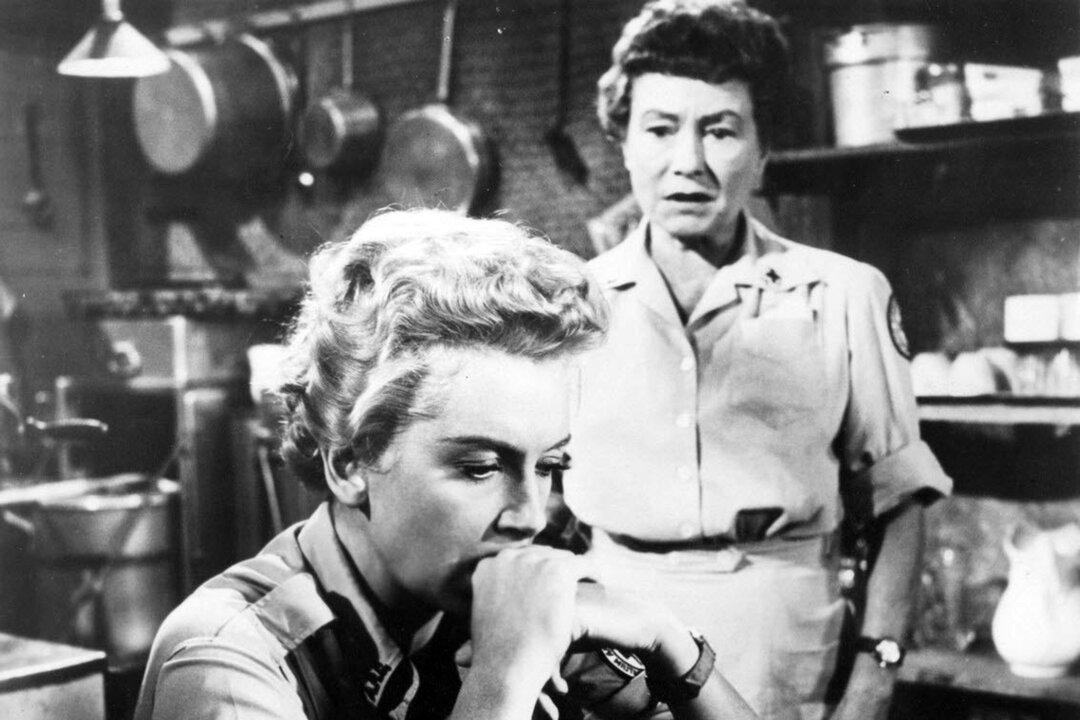NR | 1h 51m | Drama, Romance, War | 1956
“The Proud and Profane” (1956), a World War II romantic drama, unfolds in Nouméa, the capital of the French Special Collective island of Grande Terre, situated in eastern Oceania.

NR | 1h 51m | Drama, Romance, War | 1956
“The Proud and Profane” (1956), a World War II romantic drama, unfolds in Nouméa, the capital of the French Special Collective island of Grande Terre, situated in eastern Oceania.